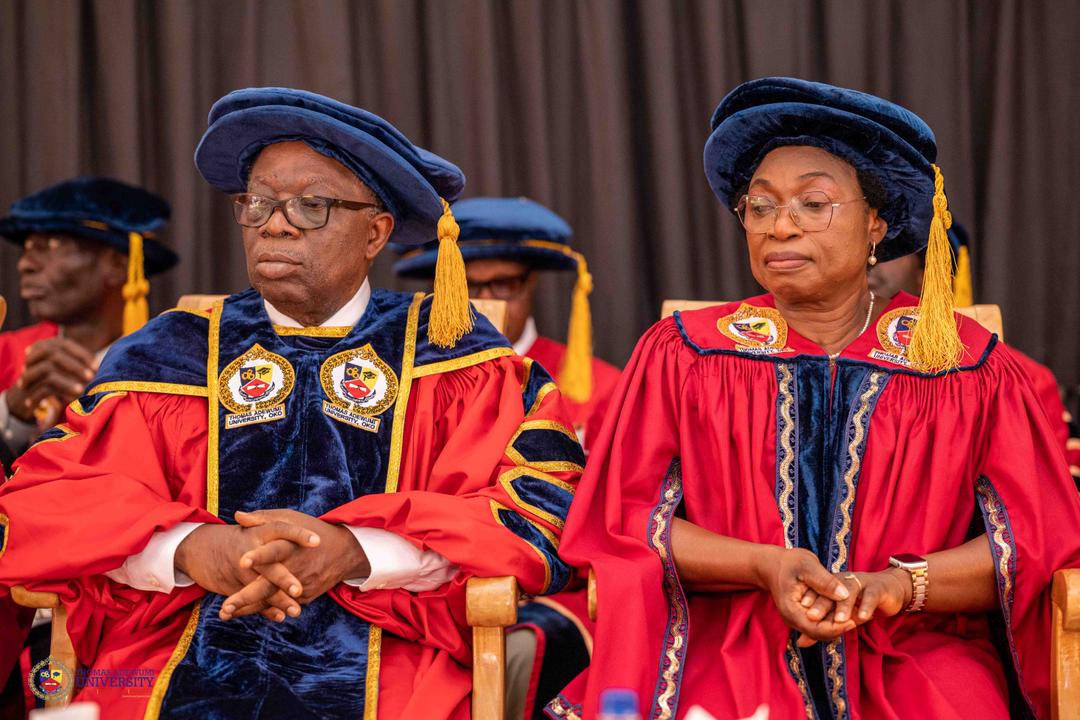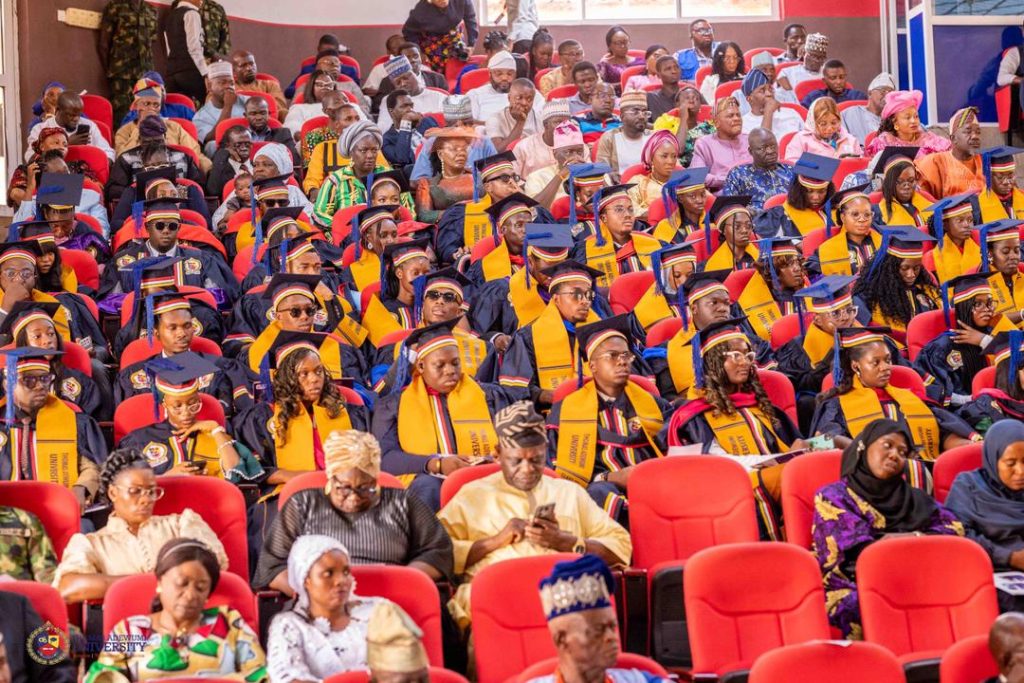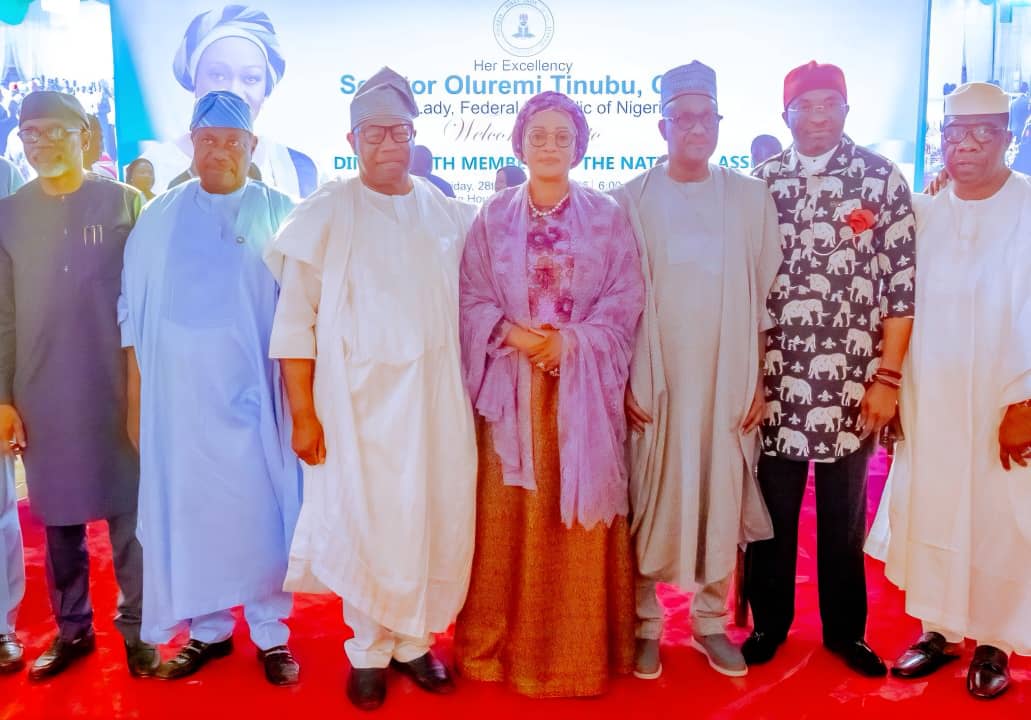Uncategorized
China inspires developing countries to strive for prosperity: former Egyptian PM
By Zhou Zhou, People’s Daily
Souvenirs with Chinese elements decorate an entire wall in the office of Essam Sharaf, former Prime Minister of Egypt. These souvenirs, including paper cuttings, Chinese calligraphy works, Peking Opera masks, as well as trophies and certificates that he received in China, carry his fond memories of years of friendly exchanges with China.
“I visited China for the first time in 2005 as Egypt’s Minister of Transport and saw the rapid economic development of the country. So far, I’ve made some 30 visits to China and the continuous development of the country impressed me so much,” said Sharaf.
He noted that China’s development is about not only the ever-changing urban construction, but also the improving living standard of the Chinese people.
“Today, China has developed into a strong and modern civilized country. Unquestionably, this couldn’t have been achieved without the strong leadership of the Communist Party of China (CPC),” Sharaf told People’s Daily, adding that the CPC follows a people-centered development philosophy and the Chinese people trust and support the leadership of the CPC.
People-centered development philosophy is the secret to the CPC’s success in governance, as it builds social consensus and fuels progress, he said.
As one of the earliest Egyptian readers of the book “Xi Jinping: The Governance of China”, Sharaf attended a promotion seminar for the Egyptian edition of the book in 2014.
He said readers of the book can learn about the achievements and experiences of China in recent years, and understand the careful consideration and grand vision of Chinese President Xi Jinping in national governance.
Under the leadership of the CPC Central Committee with Comrade Xi Jinping at its core, China has eradicated absolute poverty and accomplished building of a moderately prosperous society in all respects, embracing the bright prospect of the great rejuvenation of the Chinese nation on all fronts, Sharaf told People’s Daily.
“It is the people of a country that are best placed to judge whether the development path they have chosen for themselves is suitable.” This point in the book has left a deep impression on Sharaf.
He said China doesn’t copy the development models of other countries, but firmly follows the path of socialism with Chinese characteristics, which sets a good example for other developing countries.
He believes the Belt and Road Initiative (BRI), the Global Development Initiative, and the Global Security Initiative proposed by Xi as well as other global public goods provided by China are conducive to building a community with a shared future for mankind.
Chinese initiatives and actions not only chart the course for improving global governance and multilateral development, but also inspire developing countries to strive for prosperity, he said.
Sharaf is a staunch supporter of the BRI, and has attended hundreds of discussions and seminars on the initiative in Egypt and other Arab countries, as well as in some European countries.
In his eyes, the biggest influence of the BRI is that it establishes a global cooperation mechanism, champions multilateralism under fair governance and upholds the principle of globalization featuring extensive consultation, joint contribution and shared benefits.
“The Silk Road was once a bridge of East-West exchanges and mutual learning between civilizations. At present, economic globalization is facing headwinds. Rising populism, exclusivism, as well as unilateralism, protectionism and hegemonism are posing threats to global peace and development. The joint construction of the BRI revitalizes the ancient Silk Road and brings it new missions. It helps participating countries break the isolation and unite together more closely,” Sharaf remarked.
Over the past decade, the BRI has been joined by more and more countries. So far, China has signed Belt and Road cooperation documents with over 150 countries. A series of practical cooperation projects have been implemented and investment keeps expanding.
“I can see the prospects that the BRI is creating for global development with its fruitful achievements,” Sharaf said, adding that the BRI is in line with Egypt’s Vision 2030 and provides huge opportunities for Egypt-China cooperation.
The China-Egypt TEDA Suez Economic and Trade Cooperation Zone, the central business district in Egypt’s new administrative capital, as well as other cooperation projects, play an important role in promoting Egypt’s economic and social development and in improving the livelihood of the Egyptian people, he added.
In his point of view, the Green Silk Road, the Health Silk Road, the Digital Silk Road and the Innovation Silk Road under the framework of the BRI cover wider areas of development.
“The significance of the BRI is more prominent when the world is making concerted efforts to fight COVID-19,” he said.
Since the onset of the pandemic, BRI countries have joined hands to fight the disease and reinforced cooperation in economic recovery, which helps tackle challenges, Sharaf noted.
China’s efforts to promote high-quality BRI development are conducive to implementing the UN 2030 Agenda for Sustainable Development and will bring new prospects for advancing international cooperation and achieving common development, he said.
Uncategorized
TAU reaffirms commitment to globally competitive learning

- As 16 graduands make First Class
Stephen Olufemi Oni, Ilorin
The Thomas Adewumi University (TAU), Oko-Irese, in the Irepodun local government area of Kwara State, has reaffirmed its commitment to strengthening quality education, innovation, and globally competitive learning.

Speaking at the institution’s 2nd Convocation ceremony in Oko-Irese, the Vice Chancellor of the University, Professor Francisca Onaolapo Oladipo, said TAU is living up to its ranking as the fastest growing institution in Science, Technology, Engineering, Medicine, and Innovation (STEM-i) ecosystem by surpassing more than 100 percent in its number of graduating students at the second convocation.
She said: “TAU emerged on April 8, 2021, as Nigeria’s fastest-growing Science, Technology, Engineering, Medicine and Innovations (STEM-i) ecosystem. Today, we rank 1st among the 20 private universities that were licensed in
2021, 4th among the 14 Universities in Kwara State, 5th among Nigeria’s over 170 private Universities and 50th nationally, an impressive rise reflecting our unwavering commitment to excellence.
”What a Moment of Extraordinary Significance today, we stand at a crossroads far more significant than words can adequately capture. Exactly one year ago, we gathered at this very Auditorium to celebrate our inaugural Convocation, a ceremony that marked the graduation of 26 pioneering students who dared to believe in a vision when others saw only impossibility. Those 26 trailblazers proved that Thomas Adewumi University was not just a dream, but a reality rooted in excellence. Today, as we honour 63 outstanding graduates, we witness something far more profound than numerical growth.
“This 142% increase in our graduating class is not merely a statistic to be recorded in annual reports, it is a declaration that Thomas Adewumi University has transcended the realm of promise and entered the domain of proof.
“We have moved from potential to performance, from aspiration to achievement, from vision to velocity.
This year, 63 graduands from 4 Faculties and 11 academic programmes are being conferred. It is noteworthy that we have 16 First Class graduates, 40 in Second Class Upper Division, and 7 in Second Class Lower Division. These results reflect the quality of training and mentorship provided at Thomas Adewumi University, and we are proud to contribute these innovators to both the Nigerian and global workforce, confident that they will make a meaningful
impact.
”Preparing Globally Competitive Graduates, these 63 graduands are not merely degree holders, they are comprehensively prepared global professionals equipped with exceptional advantages that set them apart from their peers nationwide. Through our international partnerships, these graduates have obtained additional microcredentials from MIT, Harvard, Stanford, Columbia, Berkeley, and Yale, world-class certifications from Alison, UK, RUDN professional University, Russia, World Bank’s Saylor Academy, Google, ICAN, and the Global Partnership for Sustainable Development initiatives in Data Science and Artificial Intelligence.
“Our Coursera collaboration provided them with additional industry certifications, while partnerships with Microsoft, IBM SkillsBuild, and MIT OpenCourseWare through our Global Campus initiative democratize access to cutting-edge knowledge. They are thus fully equipped to embark on meaningful and innovative careers in today’s technology-driven world.”
Earlier in his Convocation Lecture, titled “Crowdfunding Opportunities forstartups: Equiping Nigerian graduates for a sustainable future”, Dr. Bayo Williams Olugbemi charged the graduads on the mindset of job creation, saying “as a graduate, your future is not defined by what Nigeria gives you, but by what you create. The idea of crowdfunding is the idea of hope. It is proof that when people come together, ideas once impossible become achievable.
“I urge you not to think only about searching for jobs. Instead, think about creating value, and if capital is a barrier, remember: “The crowd can be your first investor.”
In his goodwill message, the Executive Secretary of the National University Commission, Professor Abdullahi Ribadu, represented by Esther I. Eyo, Esq commended the resilience of TAU management said “NUC acknowledges TAU sustained progress in advancing quality teaching, impactful research, innovation, and community engagement, all of which align with our national aspiration for a globally competitive and knowledge-driven university system.
“It would interest you to know that, in the accreditation exercise conducted in 2023, Thomas Adewumi University achieved a 100% Full Accreditation status across all programmes assessed a laudable feat that reflects the University’s strong commitment to maintaining high academic standards.”
Also speaking, the Founder/Chancellor of the institution, Dr. (Engr) Johnson Adewumi, urged the graduands to be good ambassadors of the University, adding: “Remember that your degree is not an end but a beginning, go forth with courage, humility, and a sense of responsibility. Strive to illuminate whatever space you occupy with the light of integrity, excellence and service.”
Highlight of the event was the conferment of an honorary doctorate degree on two distinguished personalities; Engr Oluseyi Afolabi and Pastor Oladokun Olatunde.
End
Uncategorized
photo

L-r Speaker, House of Representatives, Tajudeen Abbas; President of the Senate, Godswill Akpabio and Nigeria’s First Lady, Senator Oluremi Tinubu, during the dinner for members of the National Assembly by the First Lady yesterday. Photo: Senate President’s Office.
Uncategorized
JUST IN: Even Tinubu moves with too many police escorts – Senator Ndume

By Hassan Taiye
Senator Ali Ndume has criticised what he described as the excessive use of security convoys by top government officials, including President Bola Tinubu, warning that the practice leaves ordinary citizens exposed and vulnerable.
Speaking on Politics Today on Channels Television on Thursday, Ndume said many public office holders move with security details that are unnecessarily large, even when their positions do not warrant such heavy protection.
He recalled visiting the residence of a colleague and finding “more than 10 policemen” attached to him, despite the lawmaker being junior to him in the National Assembly.
Ndume further argued that the presidential convoy itself is excessively large, stressing that security efforts should be focused on protecting the overall environment rather than individual personalities.
He said: “I went to one of my colleagues’ house for dinner. And I saw more than 10 policemen. He is even my junior in the National Assembly. Some of them, if you see them coming, you will pull back thinking that maybe it’s the President or the Vice President that is coming.
“
You can see even the president, the convoy that the president goes about with is too much. Secure the place and when the president goes, you withdraw. Secure Abuja and the president can even drive out, you know, himself.
But when you secure personalities, and this is what is happening in Nigeria, then others, common people, as we call them, become vulnerable, and we don’t care. So if you secure Abuja, then you can drive at night. And let me tell you, this is what is happening in most countries”.
The lawmaker’s comments come just days after President Tinubu ordered the withdrawal of police officers from VIP escort and guard duties.
In a statement, the Special Adviser to the President on Information and Strategy, Bayo Onanuga, said the directive was aimed at redeploying police manpower to core law enforcement responsibilities.
-

 Uncategorized5 years ago
Uncategorized5 years agoFG, states urged to harness flooding for ranching, others with technology – Agbaje
-

 Headlines10 years ago
Headlines10 years agoBreaking: EFCC seals Borno House of Assembly, as Hon members take to their heels
-

 News11 years ago
News11 years agoNigeria Security Operatives Stage Manhunt For Homosexual Perpetrator
-

 News9 years ago
News9 years agoHow 21-year-old Girl fled community over accusation of lesbianism
-

 News10 years ago
News10 years agoYobe Gov Moves Against Deputy
-

 Opinion7 years ago
Opinion7 years ago7 signs she has friend zoned you
-
Technology4 years ago
Online job placement company headhunts women
-

 Headlines10 years ago
Headlines10 years agoBorno Dep Gov Abducts Another Church Leader





